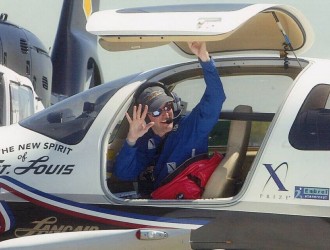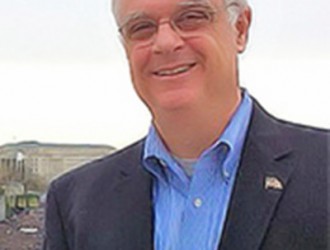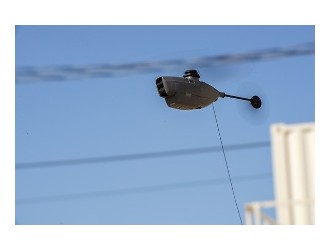
DRS, based in Arlington, Virginia., “is proud to bring to this highly competitive tender Leonardo’s mature, readily available and technologically advanced solution that will also have a significant economic impact in the U.S.,” said CEO Bill Lynn.
With Northrop Grumman announcing its withdrawal on February 1, Leonardo is arrayed against two leading and two or three dark-horse bids for the $16.3 billion program to supply the Air Force with 350 new jet trainers. The remaining leading candidates are Lockheed Martin and Korea Aerospace Industries with the T-50A variant of the single-engine T-50 Golden Eagle; and Boeing and Saab, with a new single-engine jet. The U.S. service released a request for proposals for the T-X program on December 30; contractor responses are due back by March 30.
Among potential dark-horse bids, Textron AirLand said it is still evaluating the Air Force’s requirements to determine if it will offer its new-build, twin-engine Scorpion, first revealed in 2013. Sierra Nevada Corporation of Sparks, Nevada, did not respond to inquiries regarding an Aviation Week report that it has teamed with Turkish Aerospace Industries as Freedom Aircraft Ventures to offer a new twinjet trainer.
On February 1, Stavatti Aerospace of Eagan, Minn., announced that it would enter the T-X competition with the Javelin, a twin-engine jet derived from the ATK Javelin Mk-30.





